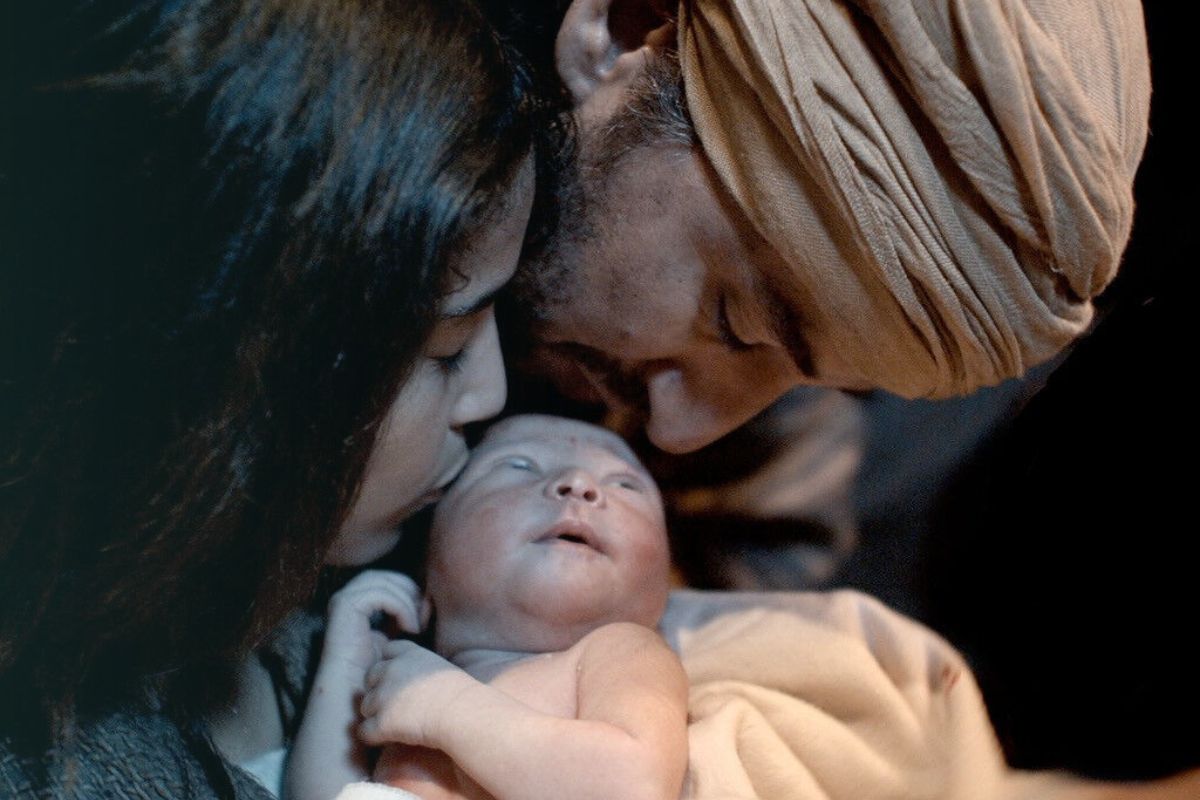
As we approach the close of the year – yet another year of trouble, strife, blood, and tears – a question we may well ask is: Is there no news that is truly good news? Is bad news the perpetual and inevitable lot of the world, especially our part of the world?
Good News For You!
There is, actually, one particular piece of good news that outweighs the countless bad news of the world: CHRISTMAS! (And it is just around the corner, by the way.)
It is easily forgotten that the first Christmas happened in the same, real and dangerous, world that we inhabit: the oppressive imperialism of Rome, with Caesar at its head – a political despot, making quasi-divine religious claims, and demanding unquestioned allegiance and submission.
Resistance nationalist groups, fuelled by combustible mixtures of politico-ethno-religious ideologies were fighting against the powers-that-be; opportunistic political mini-despots and mighty-bullies such as the Herods and the Pilates; but hypocritical, corrupt, greedy, and cowardly religious leaders were capable of the worst.
JESUS – Our Good News
Into this world was born JESUS – not with a halo or a crown, but with a bounty, on his head. But the birth of Jesus has become ‘good news’ because, with his birth, God has come into the world.
With the coming of Jesus, we can now truly know God. Most of us, deep down deep, want to know God. Many of us even strive to know God. But now, God has, himself, come to us, to be known by us. Jesus is not ‘Godlike’; God is ‘Jesuslike’.
What, then, is this Jesuslike-Godlike? To begin with, he is a God who seeks peace. There are countless theories that try to account for our tragic history and situation as humans.
Some say it is because of social and economic conditions; some say it is because of poor education; some say it is because of political oppression.
There is no denying that many of these theories have a great deal of truth in their assessments, and indeed these are all fronts and arenas that we all need to be engaged in.
God’s Work of Peace and Reconciliation
In the midst of all that, however, we must also be reminded that at the heart of the human problem is the problem of the human heart – the problem of a restless heart; the problem of a heart that is not at peace.
And why is it not at peace? A Christian mystic, Thomas Merton, says, ‘Man is not at peace with his fellowmen because he is not at peace with himself; he is not at peace with himself because he is not at peace with God.’
St. Augustine similarly says: ‘You [God] have made us for yourself, and our hearts are restless until they find their rest in you.’
And Christmas marks God’s decisive work of peace and reconciliation, beginning with the possibility of peace between God and humans.
God wants to make peace with us. He really does. If so, how should we respond if we also want peace?
Well, we accept his terms – and surrender to him. C. S. Lewis says, “[F]allen man is not simply an imperfect creature who needs improvement: he is a rebel who must lay down his arms.”
The Power of Christmas Revealed
The God of Christmas is also a God who rejects our concept of power. In a world that is power-fixated and power-hungry, the birth of Jesus shows us what true power is, what true glory is: power without a sceptre, glory without a throne.
The power of Christmas is the power to be defenceless, vulnerable, weak, and harmless in the midst of oppression.
The power of Christmas is the power to be humble rather than to be proud; to be gentle rather than to be brash; to be non-violent in the face of violence; to bless rather than curse; to love rather than hate.
(Think about it, it really does take more power to be all these.) And it is this power that has changed the world.
Re-evaluate the Definition of Christmas
God – this God that Christmas reveals – also reverses our idea of poverty.
Jesus was a man poor to his bones. He was born in a manger; he once said that he had no pillow to put his head on; he travelled in other people’s boats; he was always eating in other people’s homes; he rode on other people’s donkeys; he had to borrow a coin; and he was finally buried in another man’s grave.
And yet he was rich – rich with the fullness of God. We are all forced to re-evaluate and recalibrate our definitions and delineations of poverty and prosperity after Christmas.
God With Us!
The God that Jesus brings is, finally, God’s response to our pain. Does God know and care about all the evil and suffering in the world that we are subjected to? Does he not lead a sheltered life in heaven, far removed from the cares of this world?
In Jesus, we find that God subjects himself to the evil and suffering that we ourselves are subjected to.
Jesus was born in a ramshackle stable, vulnerable to the hazards of nature, and the malevolence of enemies. He was finally accused falsely and executed shamefully.
If ever there was a man who suffered innocently, it was Jesus. The Bible says that he was ‘a man of sorrows and acquainted with grief’. So he is God who personally understands our pain and suffering.
The birth of Jesus may not have brought about world peace; he has certainly not eradicated poverty; injustice has not disappeared with his appearance; he has not brought an end to disease, disenfranchisement, debt, destitution, and death.
But what Jesus has brought is this: GOD. And that is why he is called ‘Immanuel’ – GOD-WITH-US!







